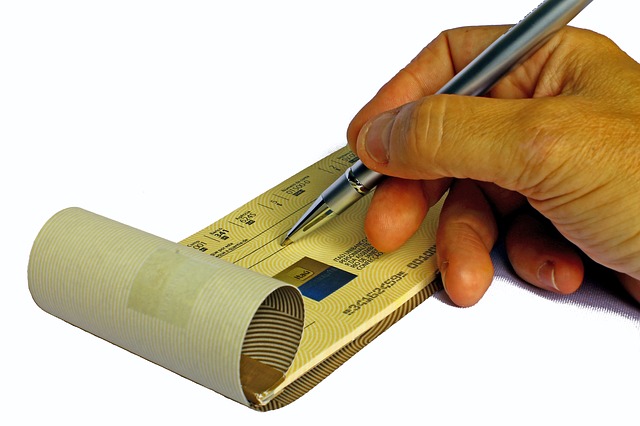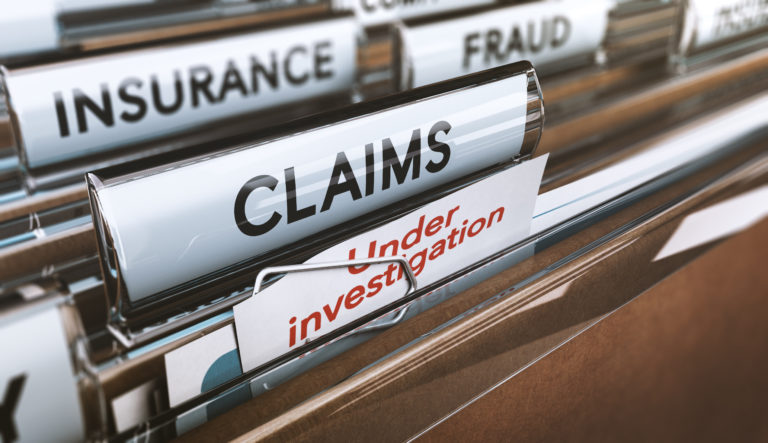What is Check Kiting?
While many people have accidentally bounced a check every now and then, check kiting is a deliberate form of fraud. It’s a federal white collar crime and can involve sophisticated schemes and multiple banks.
Yet it does not have to be sophisticated to get you into deep trouble.
The basic crime involves writing a check from one bank account to deposit into another when the first account doesn’t have enough money in it to cover the check. The kiter then writes a second check, or makes a cash withdrawal, from the second account to pay for some good or service, counting on the delay between banks to give them time to find the money to cover the check.
This is a crime even if you’re getting deposits to cover the funds during the “float” period.
Business owners sometimes commit this crime with business bank accounts, but normal, every day people get charged with the crime as well. Even large businesses do it; the MyPayrollHR CEO was arrested last year for kiting checks in addition to embezzling funds from his employees and customers. The current case of “fake heiress” Anna Sorokin also involves charges of check fraud.
If you’ve been charged with this crime you need an attorney who is an experienced in defending federal criminal law cases. Even a first-time offender could face fines of over $500,000, plus over 20 years of jail time. The severity of the penalties will depend on the amounts involved, as well as the number of banks involved.
These charges are not easy to defend against. Proving intent is usually pretty easy. The federal government puts plenty of time and energy into gathering evidence against check fraud defendants before they make the arrest.
A white collar crime attorney can give you your best shot of either securing your freedom or a favorable plea deal.
If you’ve been writing bad checks but were not kiting checks don’t think you’re off the hook. While most merchants seek the money before they seek to involve the state there is still a chance you could be prosecuted for passing bad checks. If you are a person who simply has trouble using a checking account it may be best to work with cash whenever possible.
If you’re in trouble, contact Koch Law today.
See also:
3 Myths About White Collar Crime



